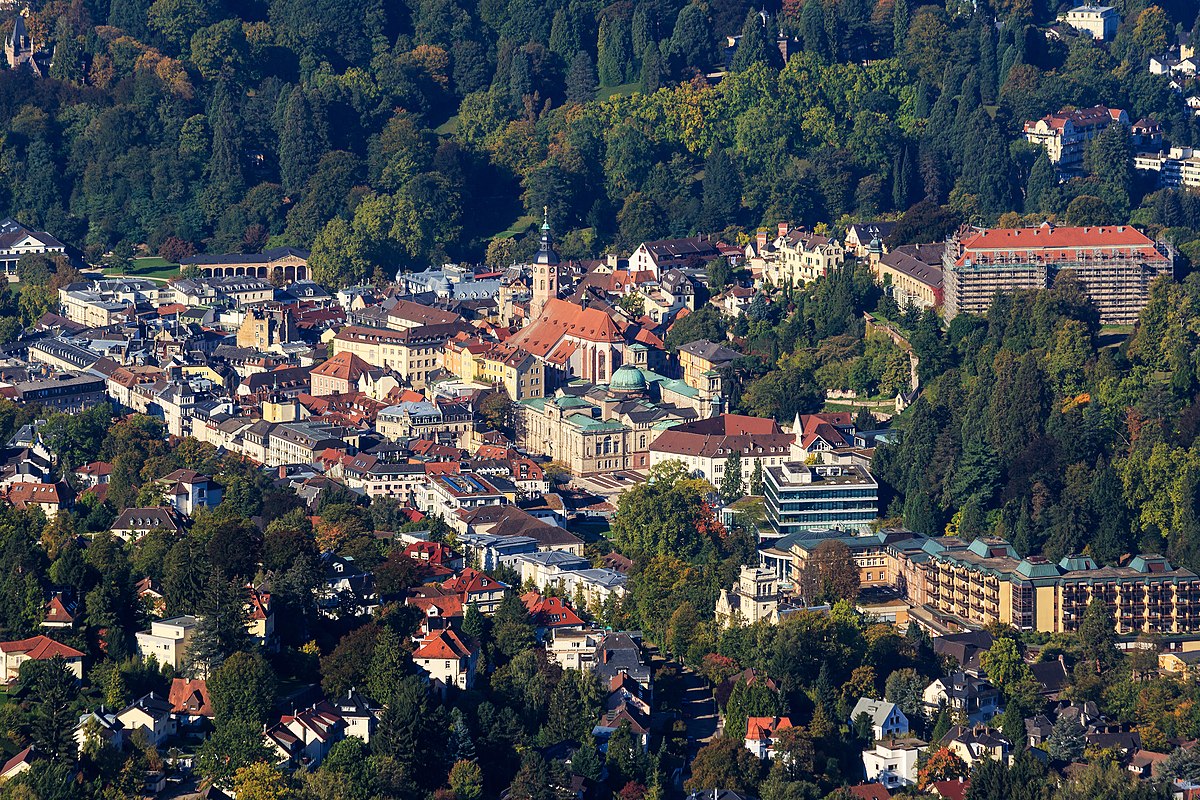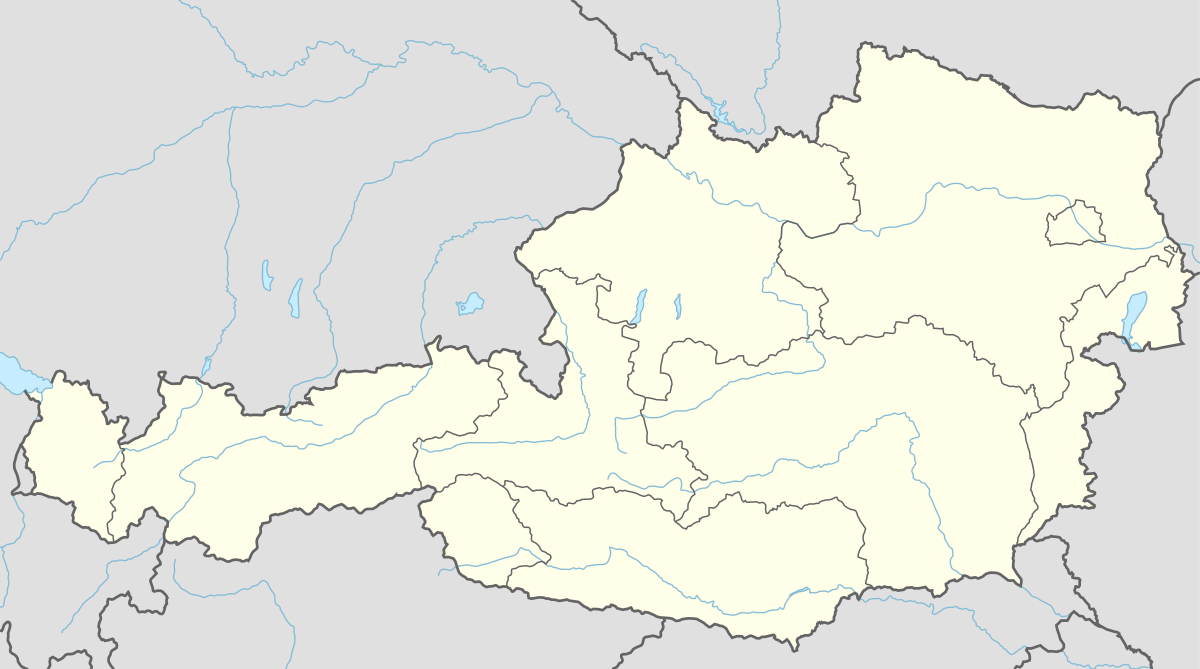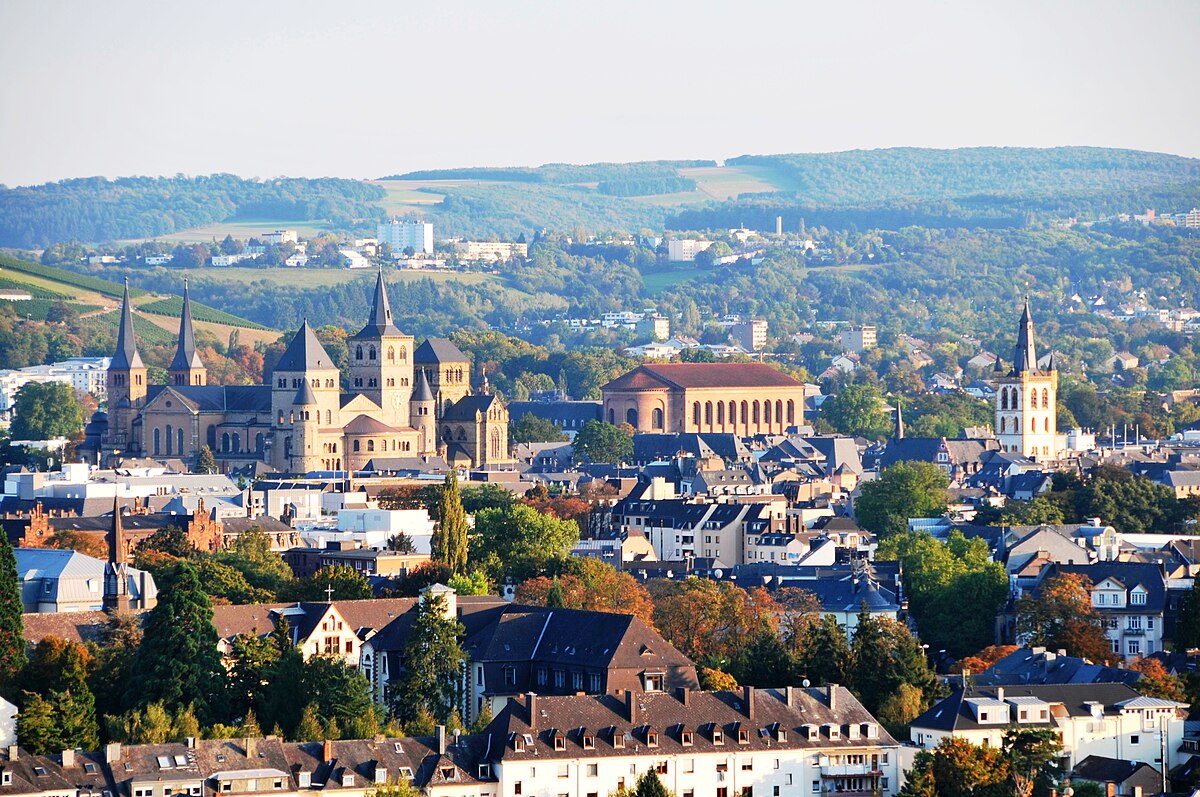I just stumbled again over interesting similarities between written English and German words but with completely different meanings.
You may know that "Bath" is in German "Bad" and when there is a German, Austrian or Swiss city or village which is or was famous for thermal springs, it will have the additional name "Bad" like in "Bad Kreuznach". Some are really famous, some are almost unknown:

de.wikipedia.org
Very famous is "Baden-Baden" and the name is a bit strange because the double "Baden" was on the one hand used as distinction and difference to another city with the name Baden (-> plural of "Bath" and also because of the name of the "Margraviate of Baden" or the country etc.:

en.wikipedia.org
But in Bavaria and Austria, there are also cities and villages which are ending of "-ing" like "Ismaning" or an Austrian village which had the misfortune of a name being derived from the noble family of "von Vucckingen" (around 1070 in the Middle Ages).
This Austrian village aroused a lot of interest from English-speaking tourists which made trips into this village just to be photographed in front of the village's traffic & town signs with its name "Fucking".
Because these signs were stolen very often and rather expensive ... and this village's name was not intended to arouse so much interest in English-speaking countries, the council of the city decided in 2020 to change the name into "Fugging" ... but it was simply too late.

en.wikipedia.org
The most interesting etymological details for me were these "scientific developments":
There is now a beer in Austria with the name "Fucking Hell" and - only by the brewery - an intended connection to "Fucking".
Additional, there is now a "grotesque-satirical criminal story" and based on it even a movie with the name "Bad Fucking", which was very funny and broadcast via the German-Austrian-Swiss TV station "3sat". You can even find it right now here:
Im österreichischen Dorf Bad Fucking hat jeder ein schmutziges Geheimnis - Ehebruch, Korruption, Mord und Totschlag, für jeden ist was dabei. Veronika würde dem Wahnsinn gern entkommen.

www.3sat.de
And "Pornhub" allowed all Austrian inhabitants of "Fucking" a "Premium-Access".
To live in "Fucking" or now "Fugging" must be a mixture of heaven and hell at the same time, I think.
But it is really good that it never really became "Bad Fucking", isn't it?















